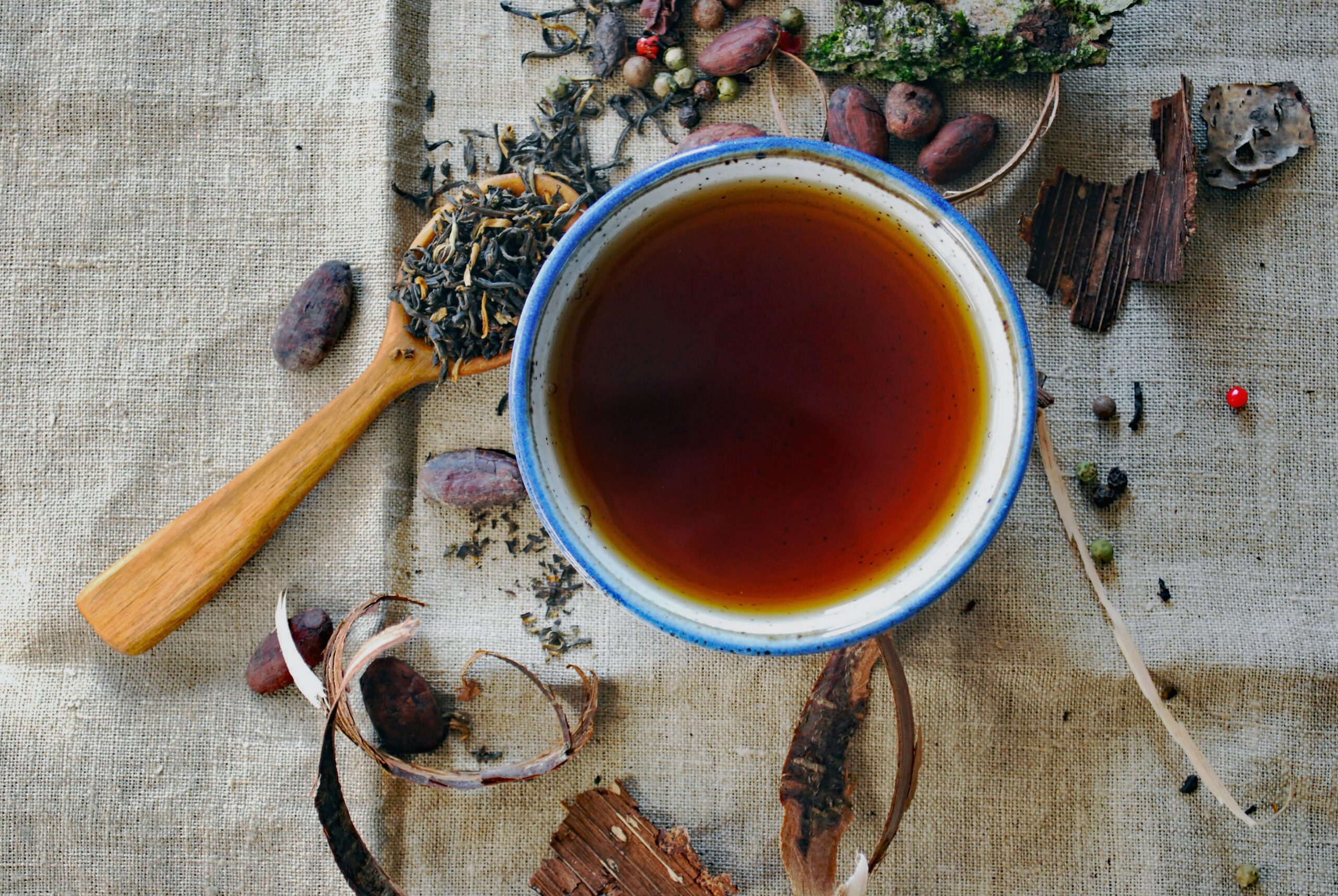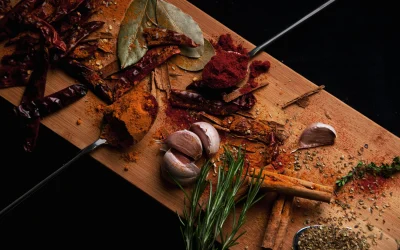Seasonal allergies are no joke. When I get them, I feel sick. Not only do I get nasal symptoms, but I also get headaches, which can ruin my day. Over the years, I’ve learned that prevention is key. A good diet year-round, especially before spring, can make a huge difference. Cutting or eliminating sugar, eating whole foods, and avoiding processed foods can sometimes contribute to an allergy-free spring season. However, this is not always the case, and when I get allergies, here are my top remedies.
Nasal Irrigation. It’s an easy and safe way to rinse the sinuses and nasal passages. It can remove pollen, dust, and also thick mucus. Neti pots are very popular, but I prefer the rinse bottles you can squeeze to flush the nose. My favorite one is Nasopure, but there are many on the market. The rinse can be done with water alone (which should be distilled, sterile, filtered, or boiled—SUPER important!!), but you’ll achieve better results with saline solutions. Most rinse bottles on the market come with small packets that can be added to water.
Quercetin. Inhibits the release of histamine, a substance involved in allergic reactions. The recommended dosage is 500 mg, taken once or twice daily. Quercetin can cause nausea, stomach upset, and headaches and can aggravate symptoms of GERD. For this reason, it’s recommended to take it with food. Quercetin can lower blood pressure and can interact with many medications. Talk with your healthcare provider before starting any supplement.
Vitamin C. Vitamin C has anti-inflammatory, immunomodulatory, and antioxidant properties. It has been proven effective in allergic rhinitis (seasonal allergies).
Stinging Nettle. My absolute favorite! I enjoy a cup of tea so much. I love Traditional Medicinals Nettle Leaf Tea. During spring, I drink one cup a day, and it works wonders. Note that it’s not recommended for pregnant and lactating women.
Turmeric and Curcumin. Turmeric is an Asian spice frequently used in cooking. It comes from the root of a plant and has many compounds, one of which is curcumin. Turmeric and curcumin have many health benefits. They are well known for their anti-inflammatory and antioxidant properties, but they can also improve seasonal allergy symptoms such as sneezing, runny nose, and nasal congestion. Turmeric can be added to soups and vegetables, and is better to use along with black pepper for better absorption. If you’re going to take a supplement, make sure that it contains piperine (a component of black pepper).
Chinese Herbs. They are lifesavers. I take them instead of over-the-counter antihistamines. I love Golden Flower Jade Screen & Xanthium Formula.
Acupuncture. I’m sure you knew I was going to say that. Not only has research shown that acupuncture is effective, but I can tell you from personal experience and the results I’ve seen in many of my patients that it works.
It’s crucial, however, to remember that what works for one person may not work for another, and it’s essential to consult with a healthcare provider before making any changes to your health regimen. This advice does not substitute for medical care.
If you have any questions or would like to share your experiences, please don’t hesitate to reach out.





0 Comments